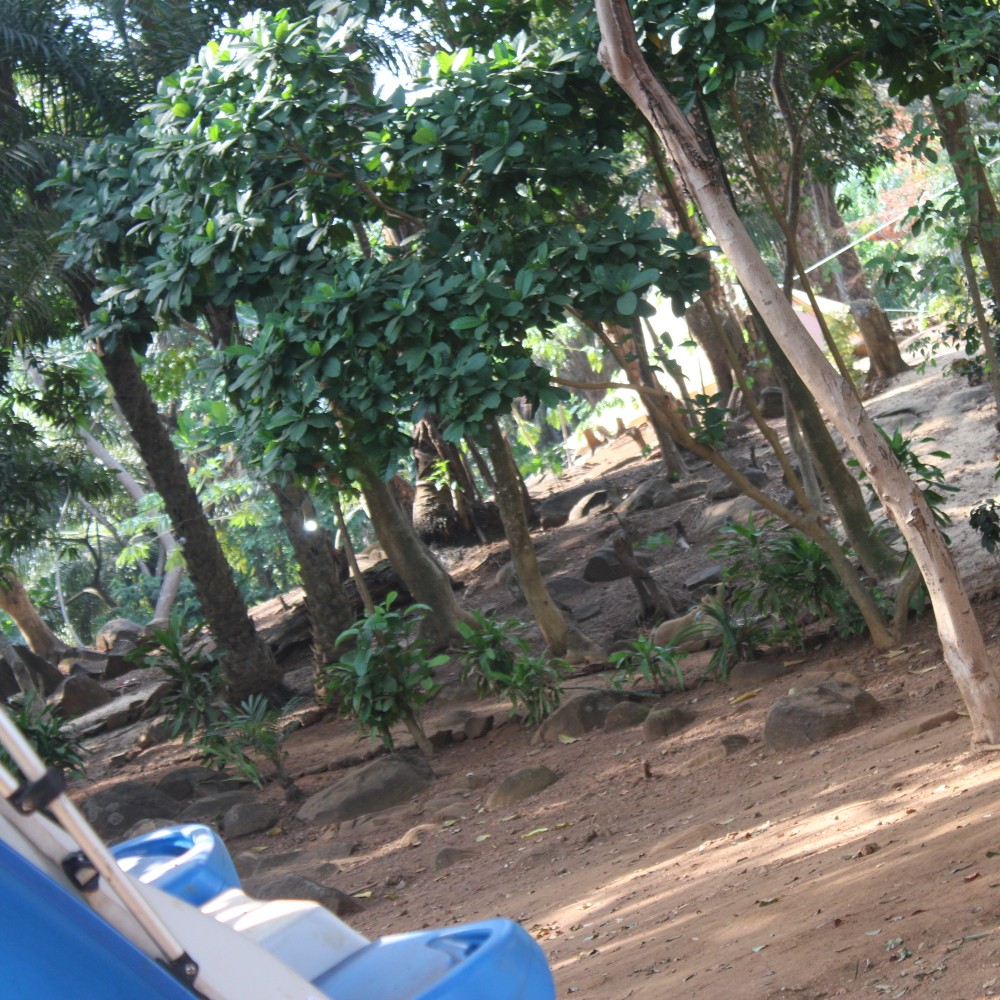
jamel
July 19, 2024
I can still recall from a previous course I studied, the phrase “there will always be waste”.
Waste is defined as a substance, by-product or material that is not wanted by a PARTICULAR PERSON. That definition typically means waste is personalise, what might be a waste to a person, a country or an industry is surely not a waste in another area. An item should only be considered a waste if only, it passed through a recycling or reusing process; these processes most times, turn “many waste” into something meaningful and useful in any environment. Even though, recycling might produce by-products, but these by-products are also useful during road constructions, making furniture and other developments. Note that by-products are important and useful, but they are secondary to the initial products. The above writings indicate that we can get rid of waste through a sustainable method. Sustainable Waste Management can be defined as using material resources efficiently to cut down on the amount of waste produced, and where waste is generated, dealing with it in a way that actively contributes to the economic, social and environmental goals of a sustainable environment.
An envision world that fosters Sustainable Waste Management will contribute to sustainable cities, energy generation, pollution reduction, agricultural activities that will end hunger and other interconnected benefits. This world will not differentiate humans from other resources, but rather prioritise the roles of each natural resource; pointing out that resources depend on each other for survival. As some serve as consumers of others by-products. Waste like water and carbon dioxide, within the plants cycle, is utilise by humans and other living things; leaves that fall off from plants are consume by animals, indicating that even in that cycle, waste is more sustainably handled. Looking at animals manure, this substance which is the last by-product from animals contribute largely to plant growth.
Governments, Non-Governmental Organisations, Interest Groups and Individuals should promote a sustainable lifestyle that yield to zero waste like plants do. Waste handling processes should be taught in schools, workshops, community gatherings and workplaces. People should know how to distinguish between products that can be reuse, products that can be recycle, energy that can be transform and products that can be consume by micro-organisms; if these are met, there will rarely be any form of waste and the world will have a sustainable waste management scheme.
Concerns for Nature specializes in conducting robust research to address environmental challenges.
Do not want to miss any news, updates, notice or any offer on our products, then please subscribe to our mailing list.
Copyright by concernsfornature.com. All rights reserved.